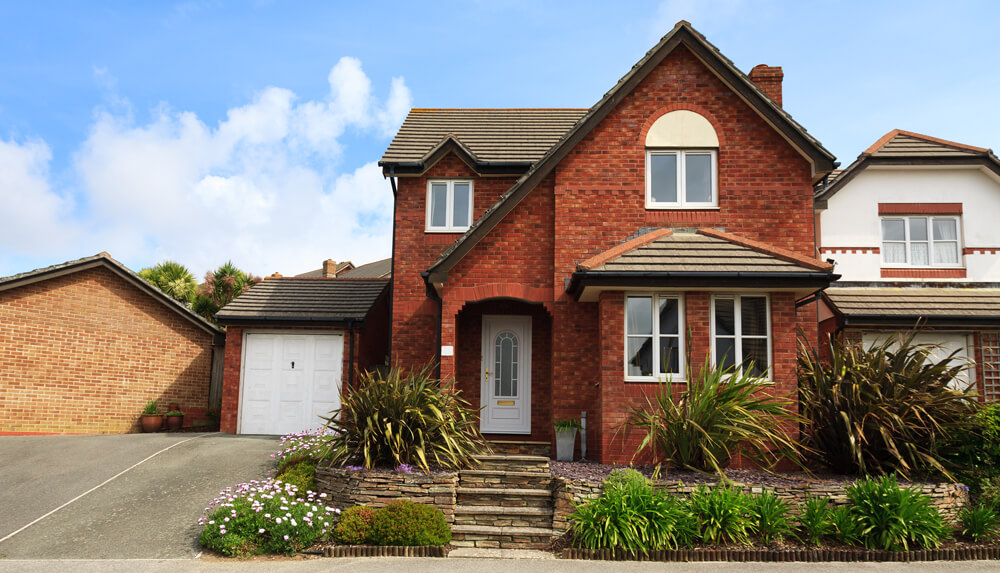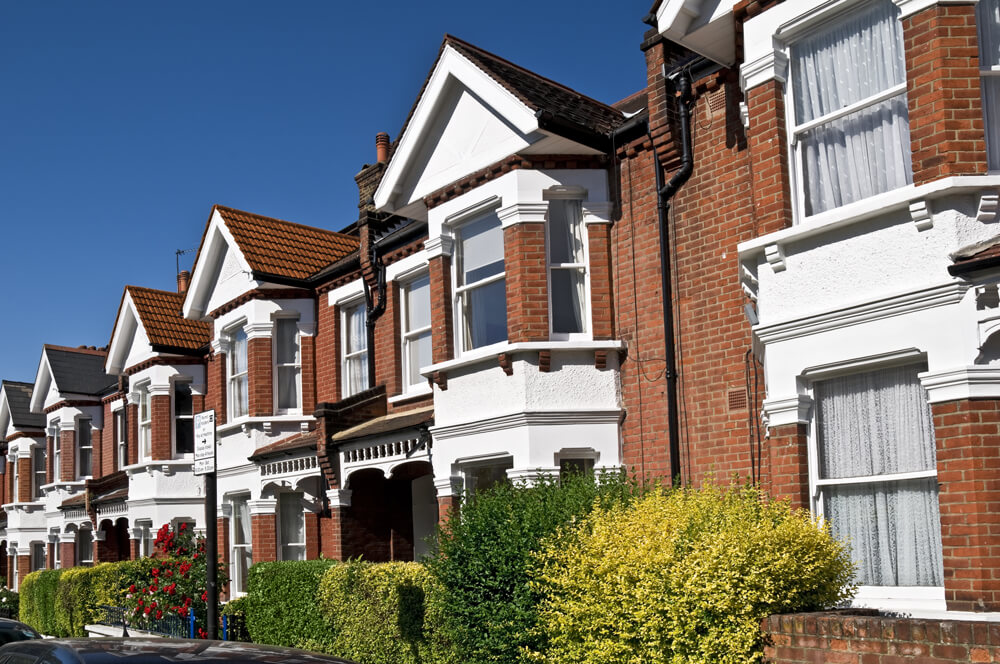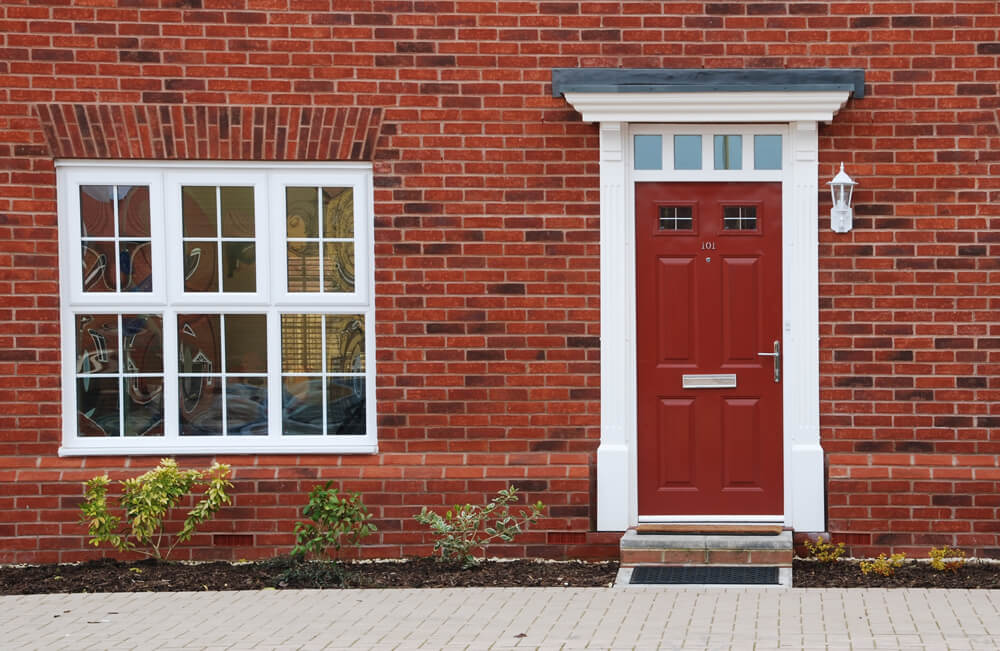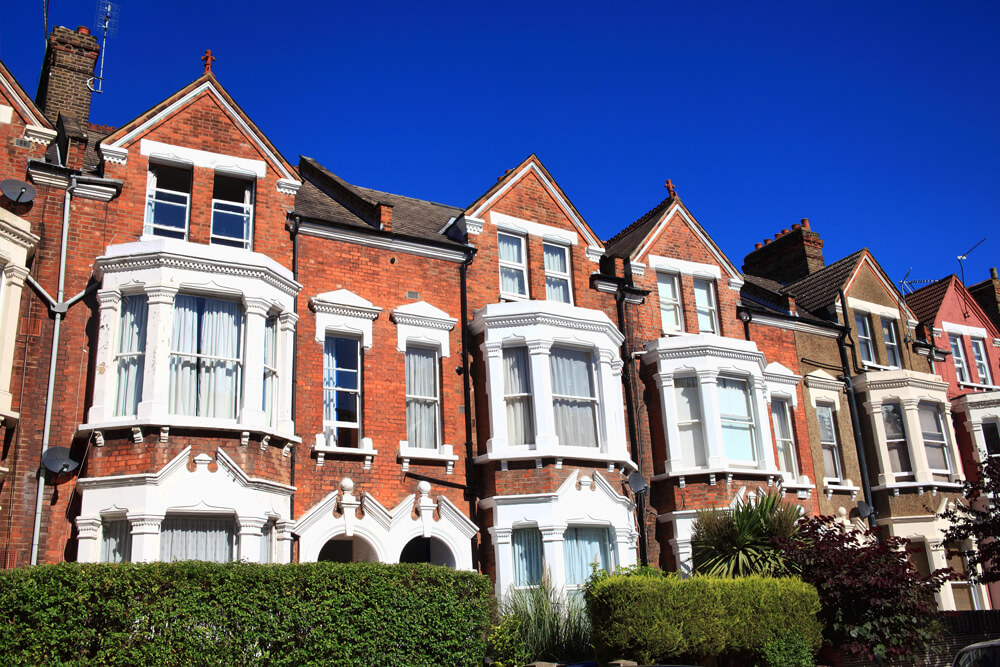
Regular maintenance and repairs to a property are a necessity, especially for rental houses. While the landlord has a legal obligation to carry out periodic maintenance on a rental house, tenants are also legally obligated to assist in maintaining any property rented to them. Some of these legal obligations include:
Keeping a Clean and Sanitary Unit
Tenants are required to keep their accommodation sanitary. This includes the proper disposal of garbage, and making sure there is no dirt or waste piling up that could lead to pest infestation. This will also ensure that there are no issues that could potentially affect the respiratory health of the tenants.
Keeping a Safe and Hazard-Free Unit
Tenants are required not to do anything that will affect their safety, such as removing batteries from carbon monoxide and smoke detectors. Emergency exits should be kept clear at all times.
Obey Housing and Building Codes
This entails following the laws signed in the lease agreement. If it has been agreed that the property is for a maximum of two people, the tenant should not attempt to sneak in extra people. This will pose a fire and safety threat. It also leads to increased damage to the property, which can cause an increase in the cost of property maintenance for both the tenant and the landlord.
Precautions Against Mould Growth
Tenants are required to help prevent mould growth by avoiding the accumulation of moisture in their apartment. This can be done by keeping the windows open when, or immediately after, showering, to keep the bathroom dry. If there is prolonged mould or moisture accumulation in a particular area, the tenant should notify the landlord immediately.
Do Not Tamper With Lead Paint
Tenants should avoid tampering with paint if they live in houses which are 40 years old or older. Houses built around that time were often painted using lead-based paint. Lead paint is toxic and can cause serious health damage. If the tenant wishes to repaint or drill into the wall for any reason, the landlord should be notified.
Avoid Abusive Behaviour Towards the Property
It is a tenant’s responsibility to handle the property without abusing it. Keeping the plumbing fixtures in good shape, by preventing dirt and soap scum from building up, is one of the ways of doing this. Trash should not be flushed down the toilet as it can damage or block the pipes.
Another way of avoiding abusive behaviour toward the property is by handling all appliances supplied by the landlord with care. This includes keeping the stoves grease free, as well as cleaning the refrigerator from time to time, and using appliances such as dishwashers only for their intended purpose. Do not use a dishwasher to wash your clothes, for example.
Other ways Tenants Can Help Maintain Property
There are other ways tenants can help maintain a property, but these are generally considered under a special agreement between the landlord and the tenant. Depending on the additional responsibilities a tenant agrees to take on, an agreement can be reached where the landlord reduces rent for the tenant.
- Reducing the next month’s rent for the tenant as compensation for taking out the garbage for the property in a previous month. This might be necessary if the landlord does not live close to the rented property.
- Negotiating with the tenant to carry out periodic maintenance like lawn mowing, gutter cleaning, and snow shoveling. Take note that if the tenant fails to do any of these things, and it causes injury to any individual, it is the landlord that could be sued for injuries caused.
- Tenants can help the landlord keep an eye out for any potential damage that may need fixing on the property. The tenants are the ones living on the property and can easily spot maintenance issues like cracks on the exterior of the building. This can save the landlord future problems from noticing damages too late.
Conclusion
It is the landlord’s obligation by law to perform repairs on a rental property, except in cases when the damage is the tenant’s fault, in which case the landlord can carry out the repairs but bill the tenant. Following the tops listed above can help prevent unnecessary damage to any property.




 POSTED BY
POSTED BY 

